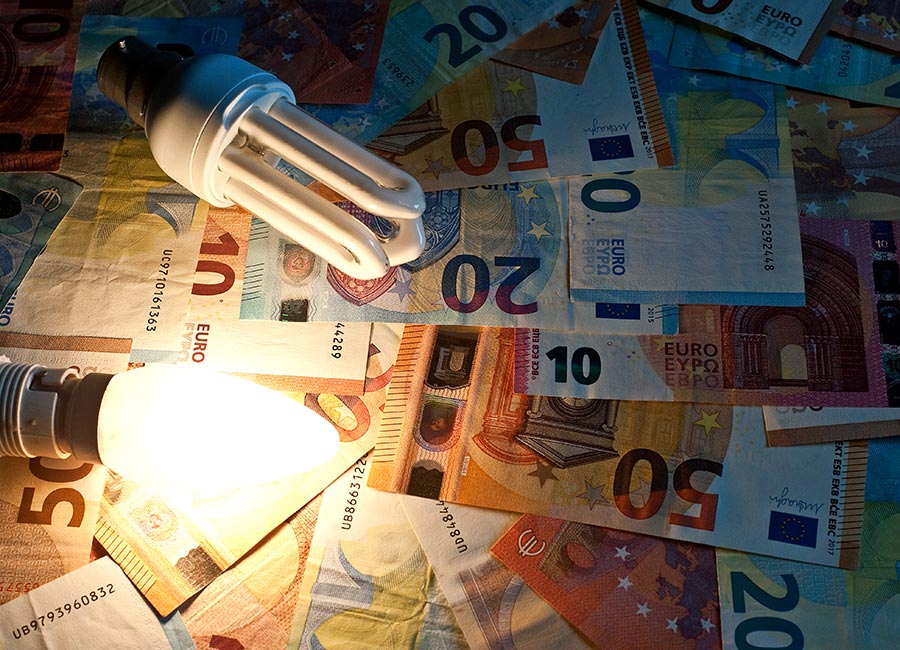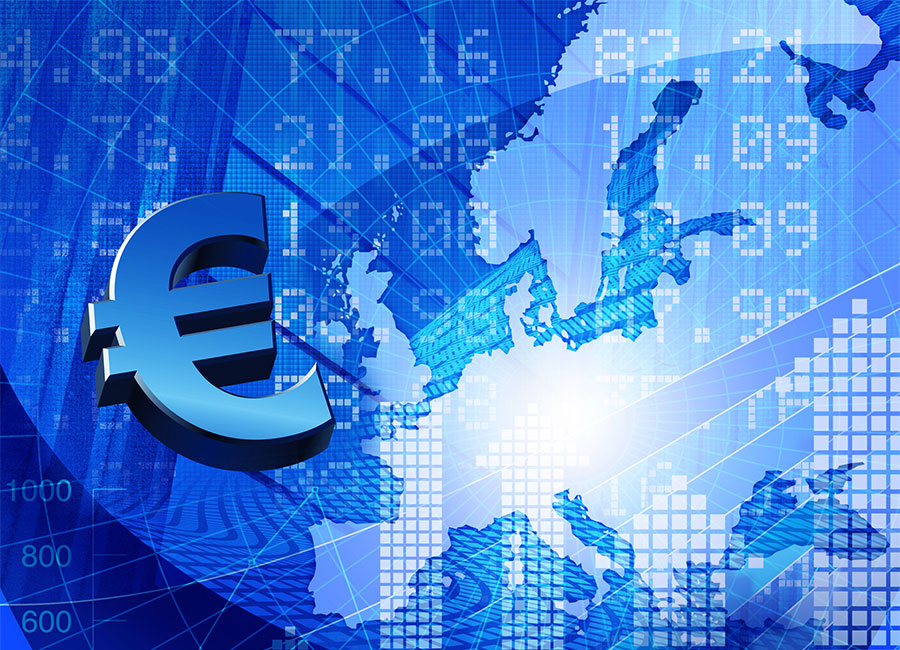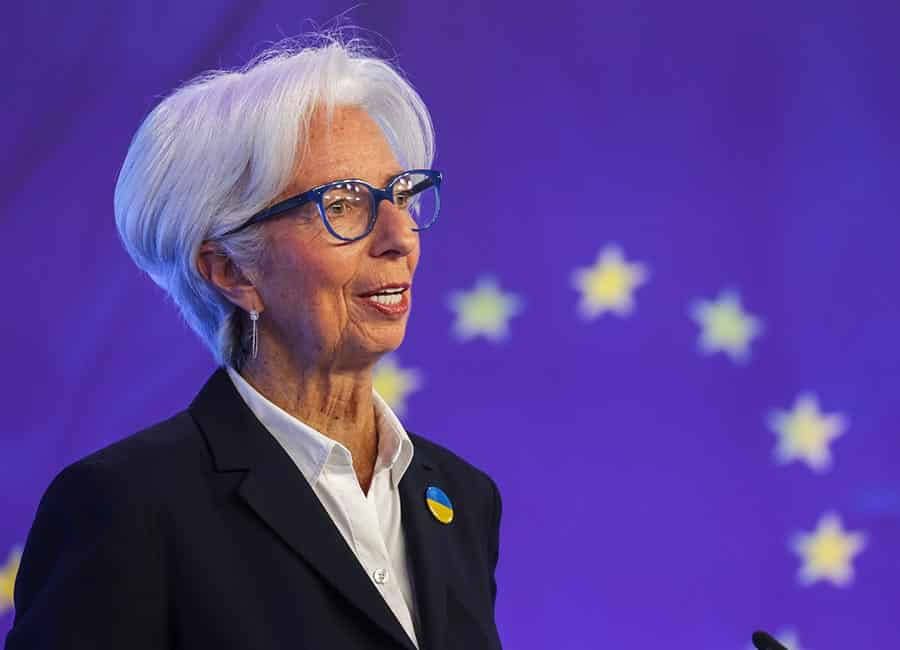Annual inflation in the eurozone hit a record high of 8.9% in July as the cost of living crisis continued to mount across the continent, according to the latest figures from Eurostat.
The rate of inflation in eurozone countries increased from 8.6% in June and from 2.2% year-on-year, while inflation of 9.8% in the wider EU compared to 9.6% in June and 2.5% a year ago.
Eurostat measured annual inflation in Ireland last month at 9.6%, slightly below the bloc-wide average that has been brought up by double-digit inflation in 16 countries, including 23.2% in Estonia, 21.3% in Latvia, and 20.9% in Lithuania.
The rate of inflation has steadily increased from 2.2% in July 2021, hitting 5.7% in February at the outset of the war in Ukraine, and subsequently progressing to 9.6% over the following five months, with an increase of 0.4% between June and July.
The Central Statistics Office (CSO) calculated annual inflation of 9.1% in July.

France and Malta (both 6.8%) recorded the lowest level of inflation in Europe, with Finland (8%), Italy (8.4%) and Germany (8.5%) the only other countries in the eurozone to record a rate of inflation below the area average.
Overall, rising energy prices accounted for 45% or 4.02 percentage points of the annual inflation, with food, alcohol and tobacco making up 23% or 2.08 points, services 1.6 points (18%) and non-energy industrial goods 1.16 points (13%).
Eurostat measured annual inflation in energy prices at 39.6% in July, a decline from 42% in June despite monthly inflation of 0.3%. Excluding energy and food, inflation of 5.1% was recorded in July, far in excess of the European Central Bank's inflation target of 2%.
The ECB last month increased interest rates to 0.5%, its first hike in 11 years as the regulator sought to get on top of spiralling inflation, in a move that has already had ramifications for home buyers and mortgage holders.
(Pic: Getty Images)











